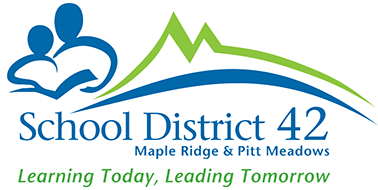Continuing Education in person classes are offered Monday to Thursday in the mornings from 9am-12pm and in the evenings from 6:30pm-9:30pm. For exact dates and times courses are offered, please see the registration form or the current semesters advertisement. The following courses may be offered depending on the semester.

